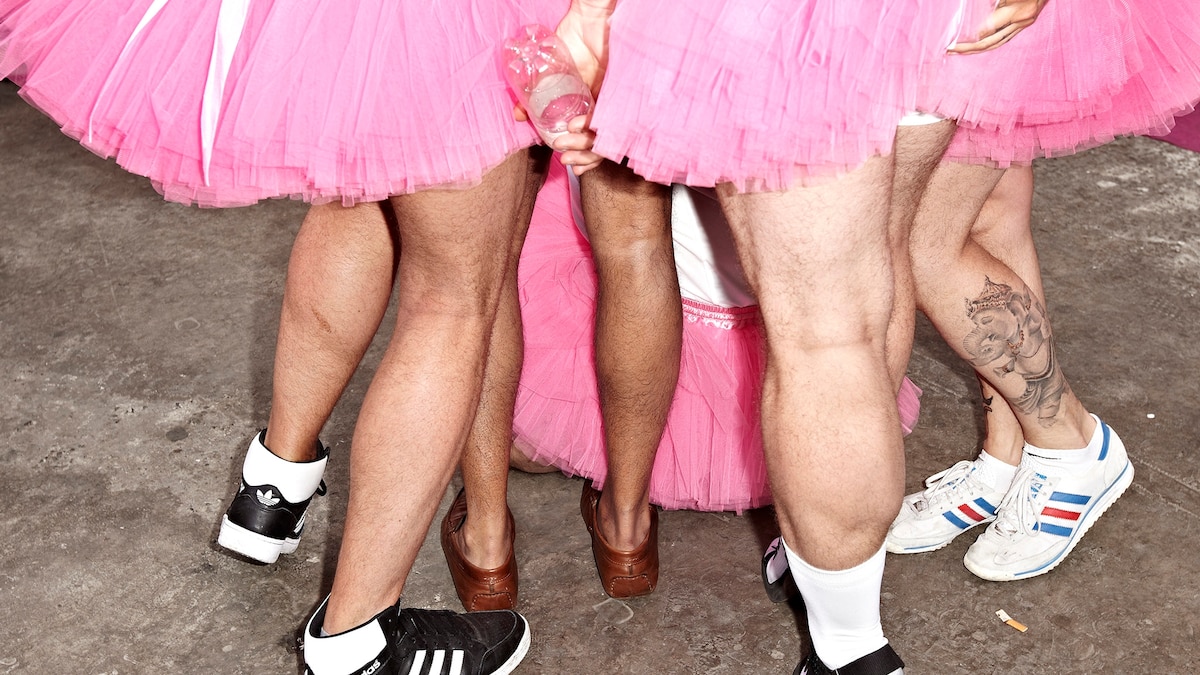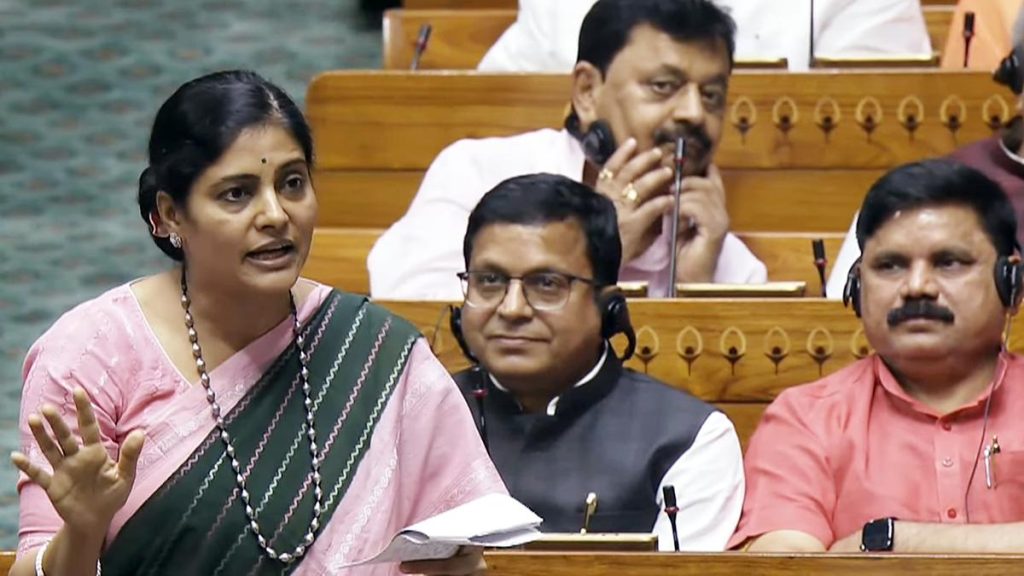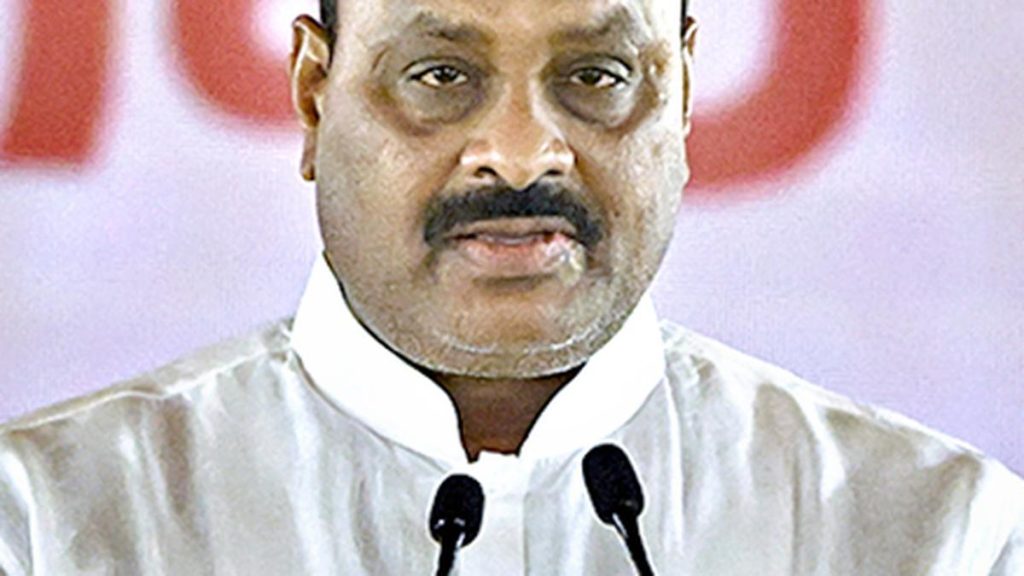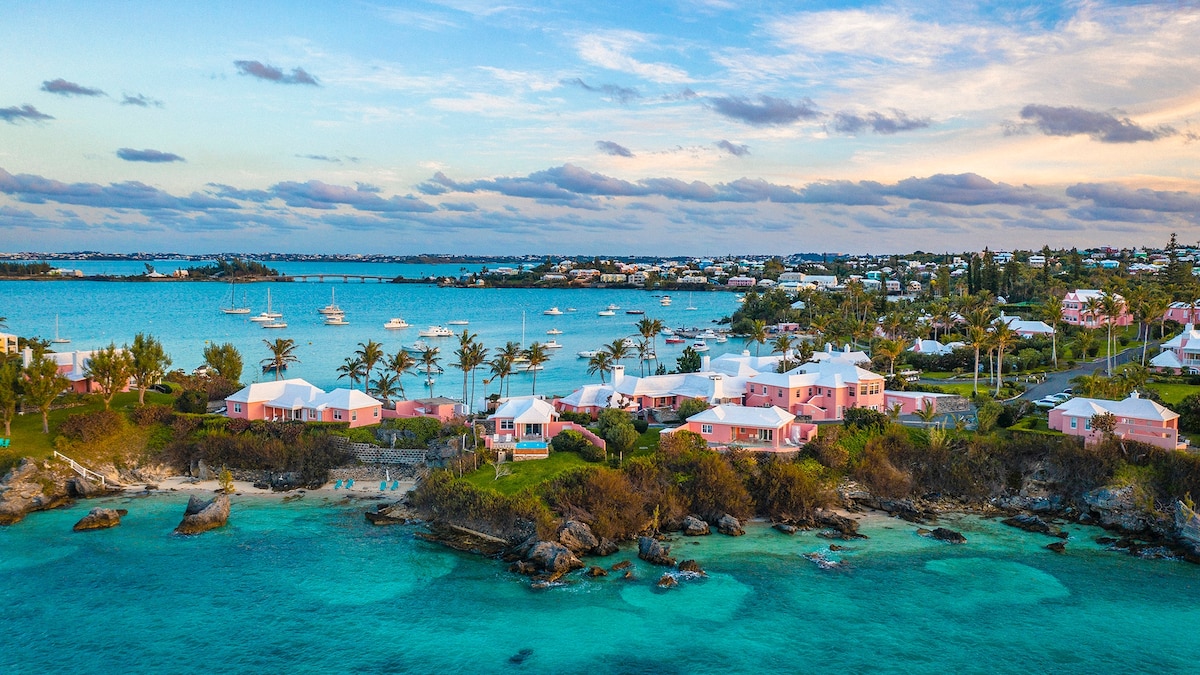Now Reading: Is This Mall the World’s Most LGBTQ+-Friendly Spot?
-
01
Is This Mall the World’s Most LGBTQ+-Friendly Spot?
Is This Mall the World’s Most LGBTQ+-Friendly Spot?

Quick Summary
- Yumbo Centrum: Opened in 1982, located in Maspalomas, Gran canaria (spain), it claims to be the “gayest place on Earth,” serving as an LGBTQ+ mall with over 200 venues across four floors.
- Community and Atmosphere: Yumbo offers year-round LGBTQ+ parties and events featuring dance, music, campy designs, and sex positivity. Locals call visitors “yumberos,” who embrace authenticity and freedom in this unique setting.
- Diversity of Experiences: Includes drag shows, theme bars (e.g., gladiators and pirates), rooftop mini-golf courses, eccentric shopping options like crystalline statues and mankinis. Pride celebrations occur not just during May but throughout the year.
- Inclusivity Concerns: While offering solidarity for many subgroups within the LGBTQ+ community, some criticize it’s focus on gay men as overlooking lesbians or nonbinary individuals.
- Economic Accessibility: Mass appeal includes affordable transport to the site ($3.95 from nearby airport) attracting tourists earning $28K-$85K annually.
- Cultural Heritage Connection: Visitors describe Yumbo as quirky yet harmonious-a somewhat nostalgic nod to spaces unavailable during harsher past decades for queer communities.
!29.170804tk68.jpg”>Image – General scene depicting Yumbo Centrum’s gay disco vibe
Caption: The mall features clubs for different tastes alongside eclectic shops selling rainbow merchandise.
Indian Opinion Analysis
Yumbo Centrum provides a unique example of how physical spaces can cultivate a sense of belonging among marginalized groups by celebrating diversity while fostering economic accessibility-qualities India could explore for inclusive development projects targeting various communities. Comparably vibrant cultural hubs can preserve traditions while allowing self-expression across regions in India where intersections of identity still face challenges.
While critiques about inclusivity have emerged within Yumbo’s model-especially regarding gender diversity-it serves overall as a reminder that safe spaces tailored to specific needs ofen become unintended symbols of empowerment because they enable freedom amid broader societal challenges. For India’s urban planning strategies or heritage tourism initiatives focusing on collective identity-building (such as LGBTQ+ inclusion), borrowing elements from such models might catalyze acceptance without homogenizing cultures deeply embedded within local history.



























